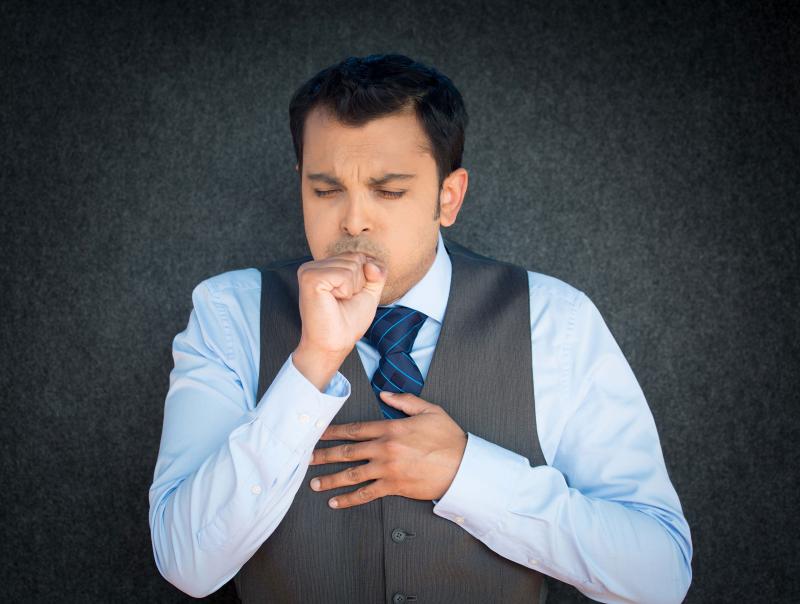Living with COVID-19: What do I do if I feel sick?
Prior to the pandemic, it was common to go about our daily routines even if we didn’t feel completely well.
“I don’t feel that bad,” we would say. “I can still do what I usually do.”
The COVID-19 pandemic has challenged that attitude, especially when it comes to symptoms like coughing or sneezing that previously would have been brushed off as “just a cold.” People were forced to decide if they should still go places and see people if they were feeling slightly under the weather, in case they were experiencing symptoms of COVID-19.
“Instead of only considering whether they could do their job or go to school, people had to also consider whether they would get others sick, and that is a huge shift in thinking,” noted Dr. Johnmark Opondo, deputy medical health officer for the Saskatchewan Health Authority.
Saskatchewan people pride themselves on their work ethic, but during the pandemic they have also been asked to keep others safe, which was why public health measures were put in place. While the mandatory measures under a public health order have ended, individuals need to continue to make the best decision based on what we know about COVID and stay home when they are feeling sick.
“It’s best to stay home and rest. Not only will you recover more quickly, you will prevent whatever virus you have contracted from spreading,” stated Dr. Opondo.
For those who work, staying home means using a sick day. It’s important – even if your workplace does not provide sick days – to inform your workplace that you are home ill, and keep them informed of your recovery.
“Resting instead of pushing yourself to go to work can result in a faster recovery, and can mean fewer missed days of work,” said Dr. Opondo. “So it makes sense, even if you don’t have sick days as an option, to look after yourself early so you can get back to work faster.”
Employers need to understand in these pandemic times why we need to support sick employees to stay home.
“Missing one employee for a few days is a bit of a bother; having that sick worker come in could end up taking out a good chunk of your workforce which is much more serious,” said Dr. Opondo.
One of the best things to do is to make a plan for when you get sick while you are still healthy. Have food and medicine in the house ahead of time so you don’t have to go out, and have a plan for how you will stay away from the rest of the household so whatever you have doesn’t spread. The pandemic isn’t over yet; COVID-19 is still here.



